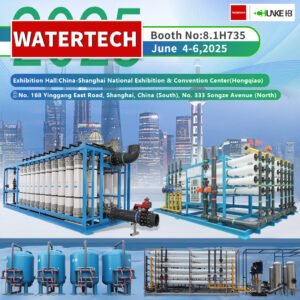Reverse Osmosis & Water Treatment in Tunisia
CHUNKE projects of Reverse Osmosis Water Treatment in Tunisia including different types of water treatment systems and water treatment plant.
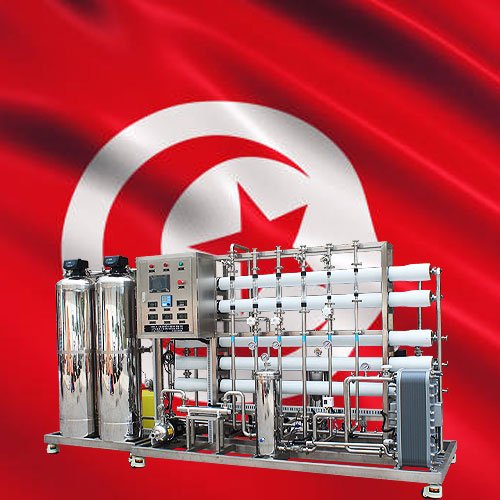
Tunisia, officially the Republic of Tunisia, is the northernmost country in Africa. It is a part of the Maghreb region of North Africa, bordered by Algeria to the west and southwest, Libya to the southeast, and the Mediterranean Sea to the north and east. It features the archaeological sites of Carthage dating back to the 9th century BC, as well as the Great Mosque of Kairouan. Known for its ancient architecture, souks and blue coasts, it covers 163,610 km2 (63,170 sq mi), and has a population of 12.1 million. It contains the eastern end of the Atlas Mountains and the northern reaches of the Sahara desert; much of its remaining territory is arable land. Its 1,300 km (810 mi) of coastline include the African conjunction of the western and eastern parts of the Mediterranean Basin. Tunisia is home to Africa’s northernmost point, Cape Angela; and its capital and largest city is Tunis, which is located on its northeastern coast, and lends the country its name.
Total renewable water resources in Tunisia
In 2020, renewable water resources per capita for Tunisia was 390.5 cubic meters per year. Between 1971 and 2020, renewable water resources per capita of Tunisia was declining at a moderating rate to shrink from 891.6 cubic meters per year in 1971 to 390.5 cubic meters per year in 2020.
- Renewable surface water: 3.4 billion cubic meters per year
- Renewable groundwater: 1.6 billion cubic meters per year
- Renewable water resources: 4.6 billion cubic meters per year
- Dependency ratio: 9.1 %
Meanwhile, CHUNKE provides wide range of filtration and economical solutions based on the Tunisia’s water resources. So, our water treatment in Tunisia becomes more popular accordingly.
- Surface water is water from river, lake which can be treated using different methods, such as Ultrafiltration Systems, Brackish Water RO accordingly.
- Desalination can be used for water from ocean, or sea source, which can be treated using Sea Water Reverse Osmosis Systems; Desalination Systems
- Ground Water or brackish water is from water located in the pore space of soil and rock “Borehole well”, which can be treated using Reverse Osmosis Systems, Borehole Water Filtration Systems, Well Water Filtration Systems, Chemical Dosing, UV Water Sterilizer accordingly.
- Government water supply, which could have high level of hardness or high level of chlorine, can be treated with Water Softener System, Media Water Filters.
Understand Water Treatment in Tunisia
Tunisia, the smallest country in North Africa, faces significant challenges in managing its water resources. With limited rainfall and high demand from sectors like agriculture, tourism, and industry, water scarcity is a pressing issue. To address this challenge, Tunisia has implemented various water treatment solutions, including reverse osmosis and desalination. In this article, we will explore the different water treatment methods used in Tunisia and how they contribute to ensuring access to clean water for its population.
CHUNKE Projects of Water Treatment in Tunisia
Meanwhile, CHUNKE designs and produces water treatment systems that meet the World Health Organization requirements. So, our water treatment in Tunisia is suitable for drinking.
CHUNKE has over 15 years of experience as a global provider of B2B water treatment solutions for a variety of applications and industries, we offer a large selection of all types of reverse osmosis, ultrafiltration, electrodeionization and water treatment systems to meet your industrial needs accordingly. CHUNKE’s extensive global experience in engineering and manufacturing allows us to pre-engineer and customize water treatment and reverse osmosis systems to meet a wide range of customer requirements and specifications.
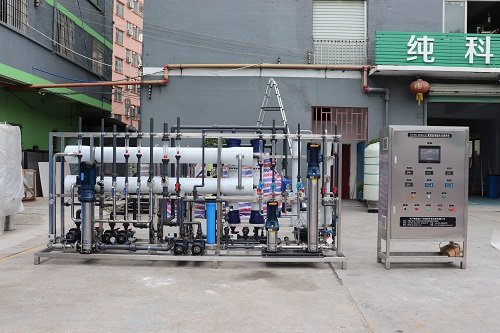
2500LPH Brackish Water Desalination System
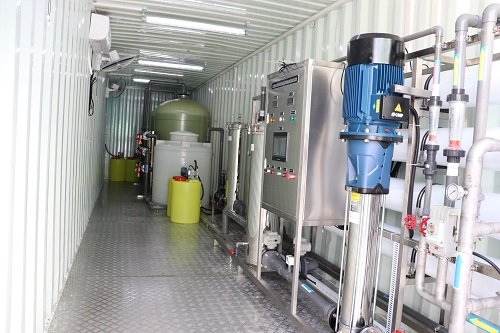
14TPH Containerized Reverse Osmosis System
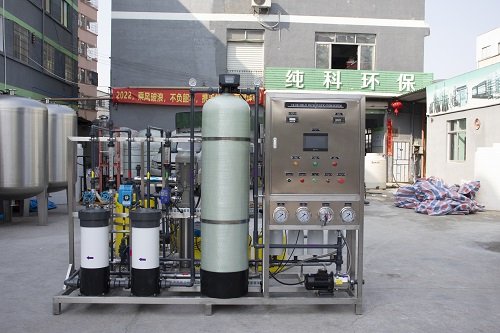
500LPH Sea Water SWRO for Drinking
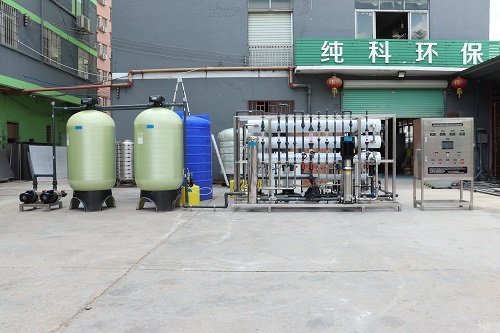
5000LPH RO Salt Water Purifier for Irrigation
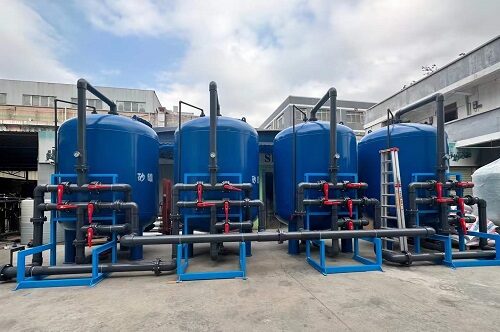
150TPH Multi-Media Filtration Carbon Steel Tanks
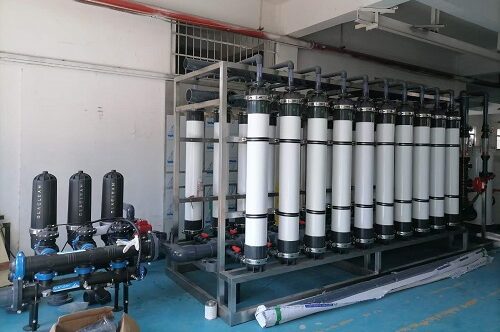
100TPH Ultrafiltration System for Borehole
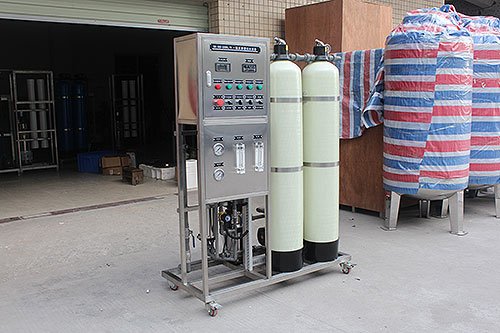
500LPH Reverse Osmosis System for Drinking
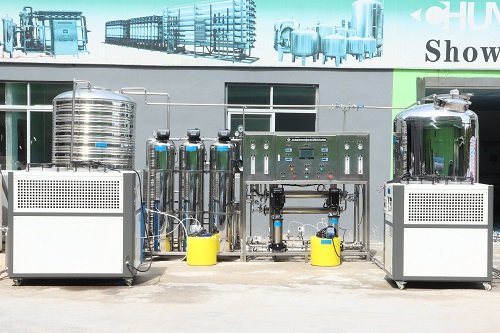
1000LPH Double Pass RO for Pharmaceutical
The Importance of Water Treatment in Tunisia
Tunisia’s water resources are primarily dependent on rainfall, making it vulnerable to fluctuations in climate patterns. The country has witnessed an increase in water shortages, particularly in rural areas, where access to clean water is limited. To combat this issue, the Tunisian government has prioritized the development of water treatment infrastructure to meet the growing demand for clean water.
Surface Water Treatment
Surface water, sourced from rivers, lakes, and freshwater wetlands, is one of Tunisia’s main water resources. To make this water suitable for consumption, various treatment methods are employed. Ultrafiltration systems and brackish water reverse osmosis (RO) are commonly used to treat surface water, removing impurities and ensuring its safety for drinking and other purposes.
Desalination: Turning Sea Water into Drinking Water
Desalination plays a crucial role in Tunisia’s water treatment strategy, especially in coastal regions where seawater is abundant. The process of reverse osmosis is employed, where seawater is forced through a specialized membrane at high pressures. This membrane filters out salt and other impurities, leaving behind clean, drinkable water. Desalination systems, including seawater reverse osmosis (SWRO), have become a vital component of Tunisia’s water treatment infrastructure.
Containerized Water Treatment Plants: Portable Solutions for Remote Areas
In remote areas with limited infrastructure, containerized water treatment plants offer a practical and portable solution. So, these plants are compact, self-contained units that can be easily transported and set up in areas where access to clean water is scarce. Containerized water treatment plants are equipped with various technologies, including reverse osmosis, filtration systems, and disinfection methods, to ensure the purification of water from different sources. Hence, these mobile units provide an efficient and flexible approach to water treatment, catering to the unique needs of remote communities in Tunisia.
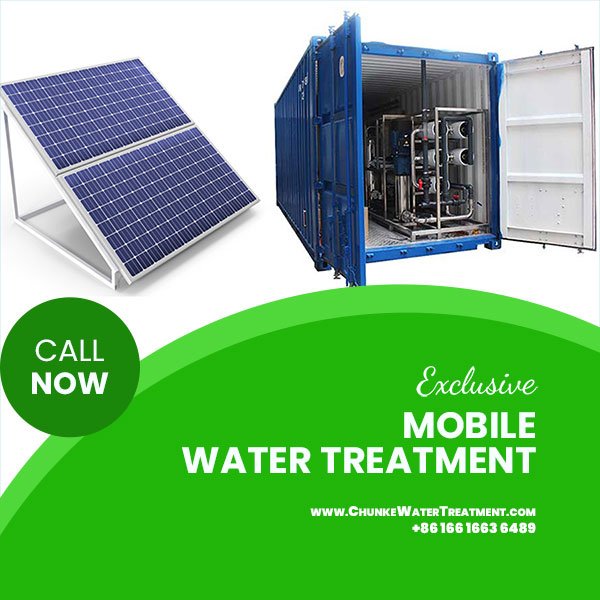
Groundwater Treatment and Chemical Dosing
Groundwater, also known as brackish water, is another significant water source in Tunisia. This water is extracted from wells and undergoes treatment processes such as reverse osmosis and chemical dosing. Reverse osmosis systems remove contaminants and particles from the water, ensuring its safety for consumption. Chemical dosing is also utilized to further purify the water and eliminate any remaining impurities. UV water sterilizers are employed to ensure that the treated water is free from harmful microorganisms.
Government Water Supply Treatment
The government water supply in Tunisia often contains high levels of hardness or chlorine, which can affect its quality. To address this, water treatment systems such as water softener systems and media water filters are utilized. Water softener systems remove hardness-causing minerals, while media water filters effectively remove chlorine and other impurities, resulting in clean and safe water for consumption.
CHUNKE: Providing Innovative Water Treatment Solutions
CHUNKE, a global provider of water treatment solutions, has been actively involved in addressing Tunisia’s water scarcity challenges. With over 15 years of experience, CHUNKE offers a wide range of filtration and economical solutions tailored to Tunisia’s specific water resources. Their reverse osmosis and water treatment systems meet the World Health Organization’s requirements, ensuring the delivery of clean and safe water.
Industrial Water Treatment in Tunisia
In addition to catering to domestic water needs, water treatment in Tunisia also extends to industrial applications. For instance, CHUNKE has supplied an industrial reverse osmosis unit for brackish water treatment in Tunisia. This unit, with a capacity of 43,000gpd product water at 4,500ppm feed TDS, utilizes the reverse osmosis process to provide pure water while flushing out dissolved impurities. The unit is equipped with pre and post-treatment systems, including multi-media filters, antiscalant chemical dosing, and post-chlorination dosing systems.
Managing Water Demand and Integrated Planning
Managing water demand is crucial in ensuring the sustainable use of water resources in Tunisia. As the demand for water continues to grow, it is essential to implement integrated planning strategies that balance supply and demand. The interconnection of large networks of aqueducts across different regions of the country allows for better distribution and compensation for deficits in one area with excesses in others. This approach ensures a more efficient use of available water resources.
Future Challenges and Prospects
While Tunisia has made significant progress in water treatment and management, challenges remain. The increasing demand for water in urban centers and the need for new resources pose ongoing challenges. Balancing supply and demand will require a focus on the rational management of water demand, as the development of new resources becomes more difficult and costly. Additionally, improving agricultural efficiency and implementing water recycling and desalination projects will be crucial for meeting future water demands.
Chunke is Trusted Water Treatment Supplier from China
In Tunisia, Chunke Water Treatment, a leading supplier of reverse osmosis systems from China, has been actively involved in providing water treatment solutions. With over 15 years of industry experience, Chunke Water Treatment offers a wide range of reverse osmosis and water treatment systems tailored to meet the specific needs of industries and communities in Tunisia.
Chunke Water Treatment’s expertise in producing high-quality reverse osmosis systems has contributed to improving water treatment capabilities in Tunisia. So, their reliable and efficient RO plants have been implemented in various projects across the country, ensuring access to clean and safe drinking water.

